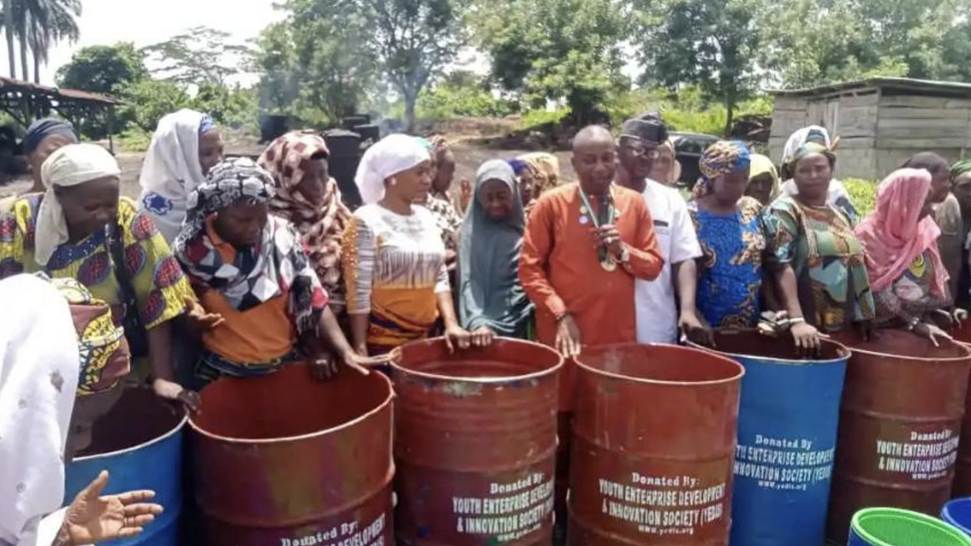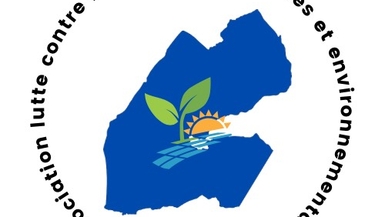Campaign Status
Ongoing Offline: The campaign is currently ongoing offline and, thus still in the process of collecting funds.
Summary
The campaign aims to support 2,500 palm-oil-producing vulnerable women and girls in Nigeria with entrepreneurship training and processing equipment for the 2024–2025 season.
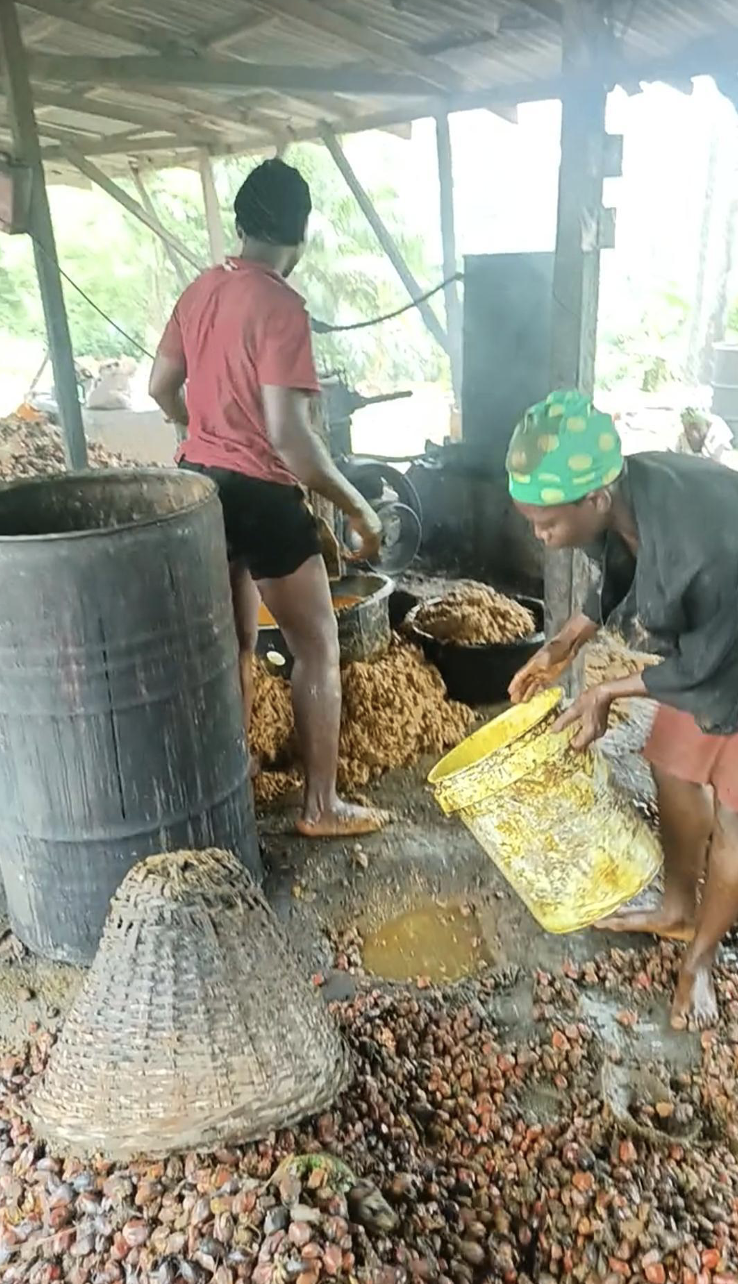
Challenge
YEDIS strongly believes that there is a need for a food transformation system to encourage food security and meaningful employment for underserved women and girls in the agribusiness sector in Osun State, Nigeria. Marginalized women suffer a lot in a bid to be economically viable, so helping their businesses will transform their lives and aid in finding decent jobs, economic growth, and job opportunities. Most agribusiness women needed help buying palm oil production tools, resulting in a shortage of facilities, delays in production, inadequate workers, and lost interest.
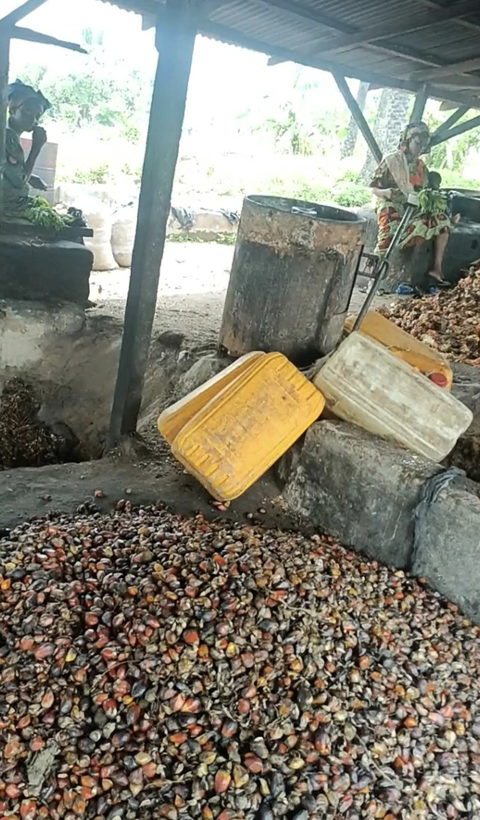
Many collaborated in a palm oil processing unit, leading to inefficiency, insufficient output, and limited performance. They used streams and local water for production, which may cause disease. So, they need regular support for meaningful employment, decent jobs, reduced hunger and poverty, and good health and economic growth. Based on the harsh financial situation in Nigeria presently, it is difficult for most agri-women to afford palm oil processing tools, which has frustrated many of them into starting to look for alternative means of survival. Palm oil processing is seasonal and mostly takes place during the dry season.
Solution
The Youths Enterprise Development and Innovation Society (YEDIS) has launched a crowdfunding campaign to raise funds to provide 5 palm oil extractors, 100 drums, and 2 boreholes (clean water) for five marginalized communities, including 15 palm oil-producing units in Osun State, Nigeria, for food security. They operate as a group in different rural units and have a total population of approximately 2500 people.
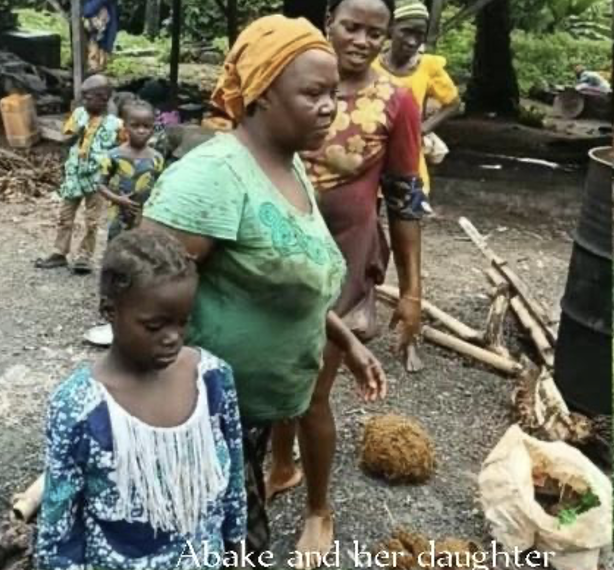
Through creating an adequate supply chain management system, it will help facilitate food production, decent employment, and economic development. Maintenance of an efficient agri-food supply-chain including crop plantation, harvesting, processing, transformation, packaging and storage, marketing, and distribution, adds value to food security and ensures viable employment opportunities. A feasible agriculture supply chain is required to promote exportation, decent jobs for youth, and community development. Moreover, entrepreneurship education is mandatory for girls and young women to advance their skills, improve networking, and gain exposure to global business practices.
